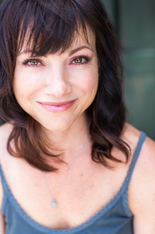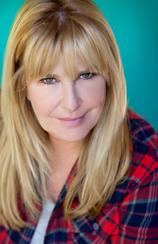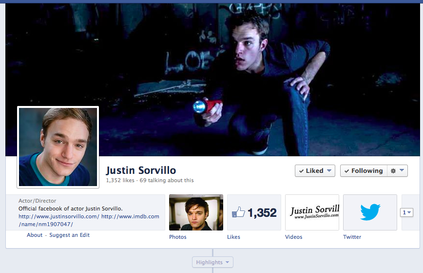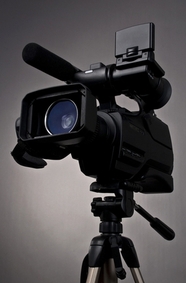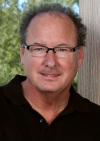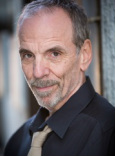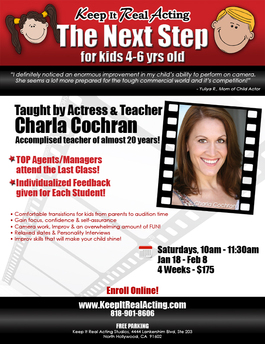1. Know the Tone
What is the tone of the show, of the world you will be living in? Do your research. If it’s TV, watch the show! If it’s film, see if you can find something else by that writer or director. If none of these references are available, make logical choices based on the script. What is the atmosphere of the show and particularly, of your scene? What is the Tempo? Rhythm? Is it Drama? Comedy? Light? Dark? Do the characters power through their situations or does the show encourage long shots where the characters indulge their feelings? Know what world you are entering before you start!
2. Know your Role
Where do you, as your character, fit into this world? What purpose do you serve? What is revealed, discovered, or established in this scene that might be important to the story line and what role do you play in that? Look for moments of discovery within the scene. Is there a moment where something shifts? Is there a reveal? Make smart choices based on this information.
3. Know your Relationships
What is your relationship to the other character(s) in this scene? Be specific and in-depth with your answers. Saying, “He is my boss” is not enough. Saying, “He is my boss and the sight of him makes my blood boil. Nothing I ever do is good enough for him and I a F-ing sick of it!” is much more helpful. Not just, “He is my husband” but, “He is my husband and even though we are supposed to be professional right now I can still smell his hair and feel his warmth from when we were in bed together 20 minutes ago.” Or “He is my husband but I think he’s lying to me about something so every time he looks at me in earnest, I feel betrayed.” The point is, build a relationship rather than simply titling it. There is no way to overemphasize the importance of a clear relationship and strong points of view.
4. Establish Need and Approach
What do you need from your partners in the scene? Make strong choices. What will happen if you don’t get what you need? What will happen if you do? Use your talent and imagination to build circumstances for yourself that strengthen this need.
Why? Why do you need it? Why from this person/ these people? Why NOW? Why is it important?
How? What are you DOING to get what you need? This is where actions come in. DO SOMETHING to the other person to get what you want. Put your focus on your partner. Beg, convince, educate, mock, tease, belittle, guilt, befriend. Choose one or many things to DO. Acting is DOING. Try out different actions and see if they work. If they don’t… try new ones!
5. Test your choices
Rehearse! Once you are solid in your Given Circumstances and you are familiar with the script, REHEARSE. Keep working until everything you do/say/feel is inevitable for this character in this situation. Put your focus on your partner and go after what you need. Track their responses (these sometimes need to be created by you) and react in the moment. By this time, you know who this person is to you and what you need from them. GO AFTER THAT! Allow yourself to trust your choices and be alive in the moment. If something isn’t working, adjust one of your choices and try again. Do not skimp on your preparation!
Always consider it an honor to be given the chance to act and to reveal the humanity of any character. Take your job seriously in the way that you prepare. Then, in the room, LET GO. Learn to trust your preparation and live truthfully in the moment within the dramatic circumstances you have created. Trust yourself. Trust the work you’ve done. Trust your talent. Only when you put in the effort this work deserves can you be truly confident in what you have to offer… And if you are confident in what you have to offer… Others will be too! Now, go knock ‘em dead!
Suzanne Teaches A to Z Theatrical and Theatrical Thursdays at Keep it Real Acting.
